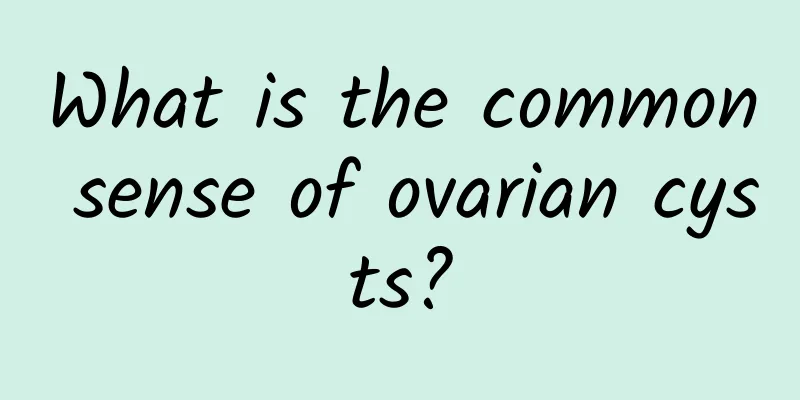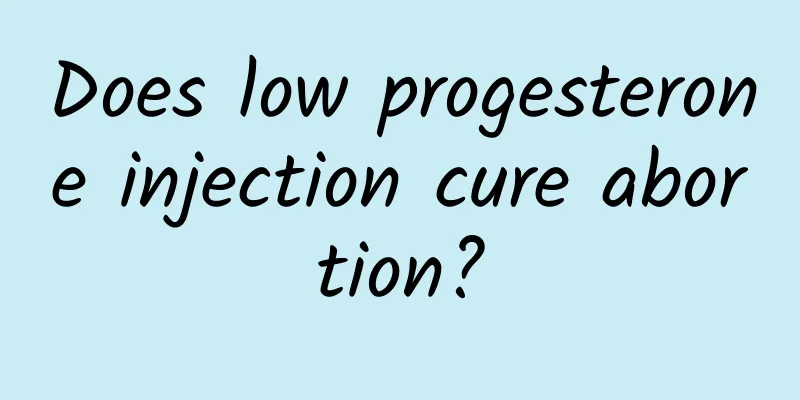What is the common sense of ovarian cysts?

|
What is the common sense about ovarian cysts? Symptoms are one of the basics and common sense of ovarian cysts: Ovarian cysts have no obvious clinical manifestations in the early stages, and patients often discover other diseases during gynecological examinations. As the tumor grows, patients will experience symptoms and signs depending on the nature, size, development, secondary degeneration or complications of the tumor. 1. Lower abdominal discomfort Due to the weight of the tumor itself and the influence of intestinal peristalsis and posture changes, the tumor moves in the pelvic cavity, involving its pedicle and pelvic infundibulum ligament, causing distension and descent of the lower abdomen or fossa. 2. Increased abdominal circumference and swollen abdomen This is the most common phenomenon in the main complaint. The patient will only notice the enlargement of the abdomen when he realizes that his clothes or belt seem tight, or he will feel it accidentally in the morning. He presses on the abdomen and finds swelling and abdominal distension discomfort. 3. Abdominal pain For example, the tumors have no complications and pain is rare. Patients with ovarian tumors may experience abdominal pain, especially when it occurs suddenly, which is often caused by torsion of the tumor pedicle, occasionally tumor rupture, bleeding, or infection. Malignant cysts cause mainly abdominal and leg pain. Pain often causes patients to go to the emergency department. 4. Menstrual disorders Generally, ovarian, or even bilateral ovarian cysts, do not cause menstrual disorders because they do not destroy all normal ovarian tissues. Some uterine bleeding is not endocrine, or it may be due to ovarian tumors changing the pelvic blood vessel distribution, causing endometrial congestion; or it may be due to ovarian malignant tumors directly metastasizing to the endometrium, causing menstrual disorders due to other secretory influences. |
<<: What happened if I didn’t have my period for a month after medical abortion?
>>: What kind of surgery is usually performed for ovarian cysts?
Recommend
Will inappropriate sexual life lead to cervical erosion? What are the dietary treatments for cervical erosion?
Cervical erosion is a common gynecological diseas...
Patients need to understand the precautions before ovarian cyst surgery
Ovarian cysts are a common disease that can have ...
How many types of vulvar leukoplakia can be divided into?
What are the main types of vulvar leukoplakia? I ...
What are the precautions for painless abortion?
Painless abortion is a common artificial abortion...
How much does it cost to treat endometrial hyperplasia?
As our living standards continue to improve, our ...
How long does it take for menstruation to return to normal after medical abortion? What are the precautions for medical abortion?
Medical abortion will cause certain harm to the f...
Which hospital is better for treating cervical warts?
Cervical warts are not a serious disease, but the...
What are the symptoms of cervical hypertrophy?
Everyone knows that cervical hypertrophy is a com...
What to do with adenomyosis and fallopian tube adhesions
What should I do if I have adenomyosis and fallop...
Purple anti-obesity craze! Have a glass of purple Korean vitality drink
Recently, there has been a purple whirlwind in ag...
Introducing cervical erosion examination items for women
I don't know if you know about the cervical e...
Here are some ways to relieve dysmenorrhea symptoms
Dysmenorrhea brings great trouble to the daily li...
Build muscle men's boxing aerobic abdominal and waist shaping
Muscles represent strength. The rapid explosive p...
Will taking birth control pills delay menstruation?
As a common contraceptive method, birth control p...
Women should pay attention to the symptoms after vulvar leukoplakia occurs
The disease of external leukoplakia should be fam...









